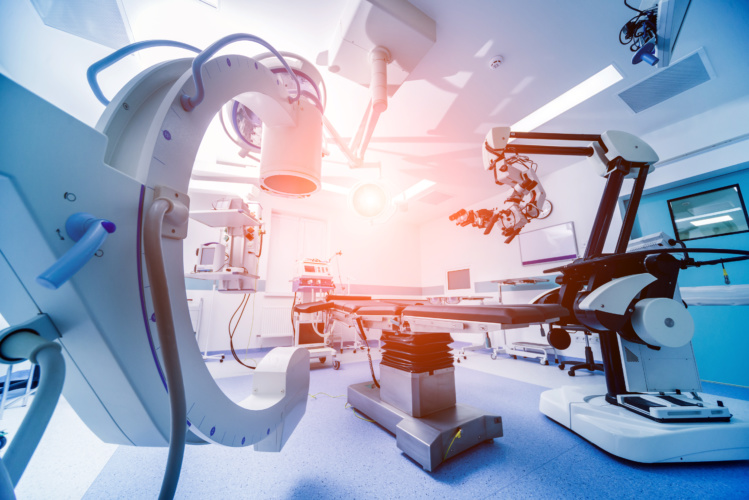In the report Healthcare Solutions: Elevating the Engineering Workforce, the Institution said that with patient numbers rising, and healthcare technology advancing rapidly, new engineers with clinical and technical skills are needed to ensure that technology is being deployed efficiently and effectively across the health service.

The report also calls for healthcare engineers to have increased authority and decision-making powers to encourage recruitment and ensure new technology is designed and adopted in the safest, most effective way.
“If we are to learn from global crises such as the COVID pandemic, it is that 21st century medicine can only be delivered with significant amounts of technology and, that care at home is just as critical as care in hospitals,” said Dr Helen Meese, lead author of the report and Vice Chair of the Institution’s Biomedical Engineering Division.
The NHS has a workforce of around 1.5 million people, but the number of clinical engineers is relatively small compared to this, around 3000-3,500 professionals.
“Unlike clinicians there is little uniform recognition of engineers’ contribution, particularly in the hospital environment,” added Dr Meese. “These engineers often operate at varying levels of authority and have limited input into critical decision-making.”
In a parallel report, Healthcare Solutions: Improving Technology Adoption, the Institution calls for the government and healthcare providers to develop national ‘complete life-cycle’ strategies for technology adoption within the NHS. It recommends strategic planning of technology to be used for remote patient monitoring and in GP practices.
MORE HEALTHCARE CONTENT FROM THE ENGINEER
The story behind Penlon's COVID-19 ventilator push
How the UK's Versius robot could bring keyhole surgery to the masses
The Institution recommends that two new healthcare engineering roles be created: a Chief Healthcare Engineer for every hospital in the country; and Patient-Enablement Engineers and Technicians to work in the social care system.
It argues that a network of chief healthcare engineers with decision making abilities would not only promote best practice in the procurement, maintenance and use of medical equipment but increase the opportunity for cost savings across the healthcare service. Meanwhile, engaging engineers with social care would help ease the burden on an overwhelmed system by helping to drive the deployment of technologies that enable patients top be treated at home.




Poll: Should the UK’s railways be renationalised?
I think that a network inclusive of the vehicles on it would make sense. However it remains to be seen if there is any plan for it to be for the...